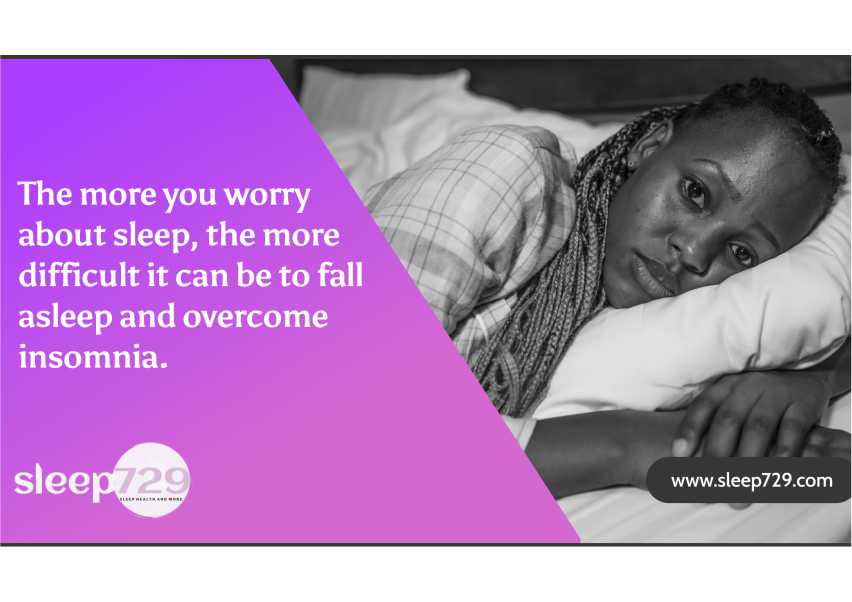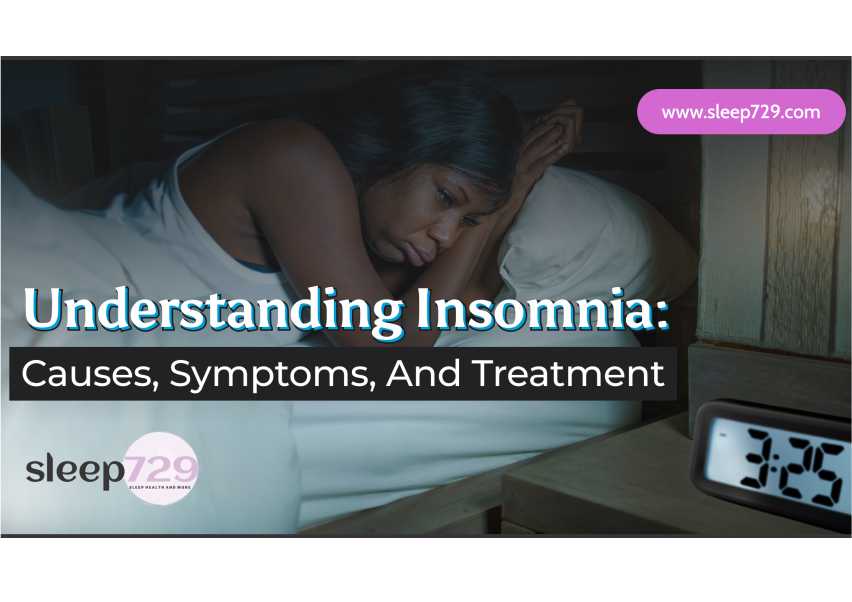
Insomnia, a borrowed word derived from the Latin "Insomnis" meaning sleepless, was the first psychosomatic disorder described by Johann Heinroth in 1818. Clinically, insomnia presents as a subjective perception of dissatisfaction with the amount and/or quality of sleep.
You may be concerned and curious to know why we spend almost one-third of our lives sleeping. We are biologically designed to sleep, as sleep is vital for our existence. Unfortunately, many of us do not get the sleep we need. After many restless nights, you may be concerned about having insomnia. But what is insomnia exactly?
Insomnia is a common sleep disorder that leads to negative daytime effects despite adequate opportunity to sleep.
It is characterized by difficulty falling asleep, maintaining sleep, or experiencing non-refreshing sleep.
Up to 10% to 40% (237 million) of people worldwide struggle with insomnia experiences and symptoms. For some, symptoms of insomnia can resolve on their own or due to changes in the sleep environment or sleep behaviours.
However, it is important to note that the adult population suffers from chronic insomnia, which is defined as lasting at least three times per week for 3 or more months. Chronic insomnia may require evaluation and treatment.
Many restless nights can make it difficult for you to live an enjoyable and productive life. Chronic insomnia may feel unsolvable. Despite the negative consequences of sleeping disorders, many people remain undiagnosed and do not receive treatment. It is important that you know the characteristics of insomnia and when to reach out for help.
Insomnia is a disease that causes disturbances in the initiation and maintenance of sleep. It is known to affect not only the sleep process itself but also an individual's cognitive function and emotional regulation during the daytime. It increases the risk of various neuropsychiatric diseases such as depression, anxiety disorder, and dementia.
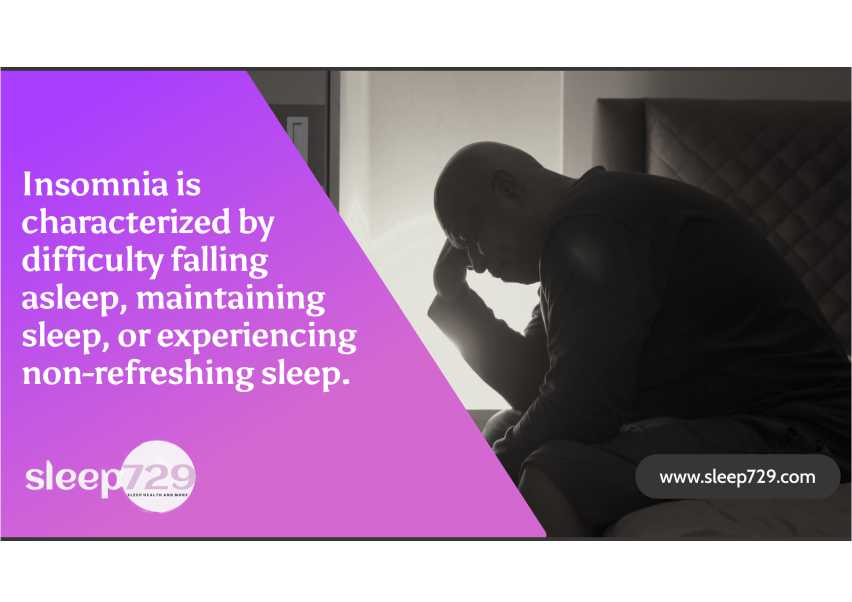
It’s not always clear what triggers insomnia, but it’s often associated with:
• Stress related to big life events, like a job loss or change, the death of a loved one, or divorce.
• A poor sleeping environment like sleeping on an uncomfortable bed, or a bedroom that’s too light, noisy, hot, or cold.
• Lifestyle factors such as jet lag, shift work, or drinking alcohol or caffeine before going to bed.
• Financial difficulties.
• Mental health conditions like depression, anxiety, PTSD.
• Eating too much late in the evening.
• Physical health conditions like heart problems, other sleep disorders, and long-term pain or discomfort at night.
• Caffeine, tobacco, or alcohol use, as well as use of illicit drugs.
• Other sleep disorders, like sleep apnea or restless legs syndrome.
• Pregnancy.
• Alzheimer's disease and other types of dementia.
• ADHD.
• Certain medicines like antidepressants, epilepsy medicines, and steroid medication.

If you're struggling with sleep, there's hope. Sleep 729 can help you understand the connectio\n between your diet and sleep and provide personalized guidance to improve both. Don't let poor sleep affect your health any longer
Take action today for a better tomorrow.
• Difficulty falling asleep:
Spending hours in bed awake, unable to fall asleep despite feeling tired.
• Waking up during the night:
Frequently waking up during the night and having trouble going back to sleep.
• Waking up too early:
Waking up much earlier than planned and not being able to go back to sleep.
• Feeling tired or sleepy during the day:
Experiencing daytime fatigue, lack of energy, or drowsiness.
• Mood changes:
Feeling cranky, irritable, anxious, or depressed.
• Difficulty concentrating:
Feeling cranky, irritable, anxious, or depressed.
• Poor performance:
Feeling cranky, irritable, anxious, or depressed.
If you're experiencing these symptoms regularly and they're affecting your daily life, it may be time to seek help. Sleep 729 offers comprehensive evaluations and personalized treatment plans to help you get the rest you need.
Don't let insomnia take control of your life. Contact us today to schedule an appointment and start your journey to better sleep.
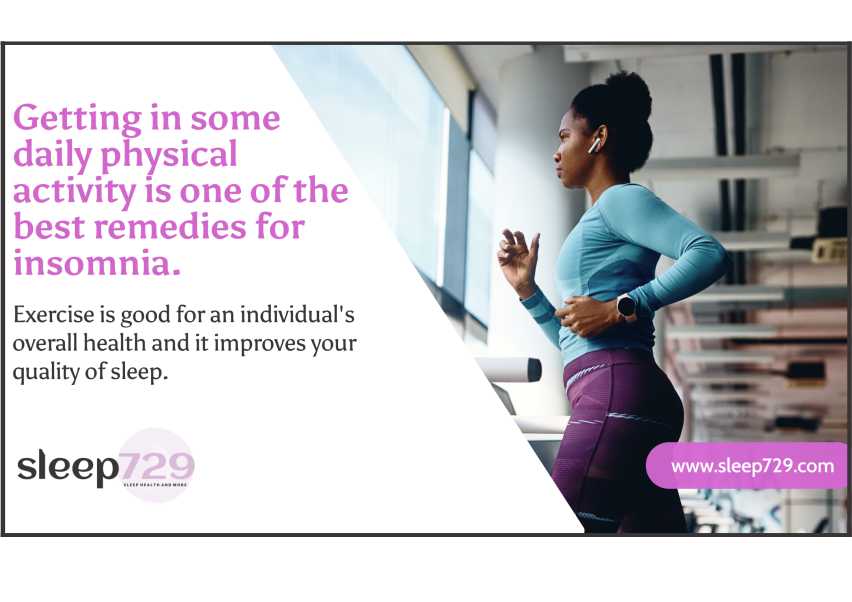
Eating well is not just good for your body, but it can also improve your sleep.
A diet with lots of fruits, vegetables, whole grains, and lean proteins can help prevent problems like obesity that can make it hard to sleep. By eating right, you can set yourself up for better sleep and a healthier life.
If you're having trouble sleeping, it's a good idea to get help from professionals. Sleep 729 Clinic in Abuja has experts trained in the UK who can assess and treat sleep problems like insomnia.
Don't let sleep troubles get you down — visit our clinic to get the help you need for better sleep and a healthier you.
If you're struggling with sleep, there's hope.
Acute insomnia may not need treatment. If it’s hard for you to do everyday activities because you’re tired, your doctor may prescribe sleeping pills for a short time. Medicines that work quickly but briefly can help you avoid problems like drowsiness the next day.
Don’t use over-the-counter sleeping pills for insomnia. They might have side effects, and they tend to work less well over time.
For chronic insomnia, you’ll need treatment for the conditions or health problems that are keeping you awake. Your doctor might also suggest Cognitive Behavioral therapy. This can help you change the things you do that make insomnia worse and learn what you can do to promote sleep.
At Sleep 729 we offer comprehensive evaluations and personalized treatment plans for insomnia. One of the most effective treatments we offer is Cognitive Behavioral Therapy.
CBT-I is a 6- to 8-week treatment plan to help you learn how to fall asleep faster and stay asleep longer. This is usually recommended as the first treatment option for long-term insomnia and can be very effective.
It involves the following parts:
• Cognitive therapy: Helps you feel less nervous about not being able to sleep.
• Relaxation or meditation therapy: Teaches you how to relax and fall asleep faster.
• Sleep education: Helps you learn good sleep habits.
• Sleep Restriction Therapy: This gives you a specific amount of time to spend in bed, even if you are not able to sleep during this time. With time, this helps you sleep better when you go to bed. Your sleep time can be increased when you start to sleep better.
• Stimulus control therapy: Helps you have a regular sleep-wake cycle so you can link being in bed with being asleep. This involves going to bed only when you are sleepy, getting out of bed if you cannot sleep, and using your bed only for sleep and sexual activity.
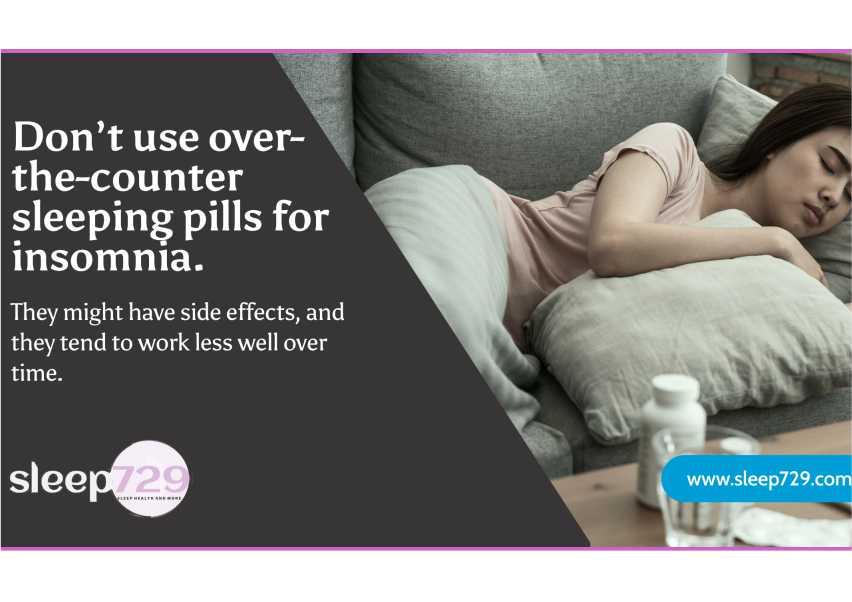
Initial Assessment:
The first step in our treatment process is an initial assessment to understand the degree of your insomnia and tailor a treatment plan to meet your specific needs.
Our team of experienced therapists, doctors, and nurses will work with you to develop a plan that works best for you.
We understand that everyone's needs are different, which is why we offer CBT-I both virtually and in person. Whether you prefer the convenience of online sessions or the personalized approach of face-to-face therapy, we have options to suit your preferences.
1) Medicines:
This is another good form of treatment for insomnia experiences. Some prescription medicines used to treat insomnia are meant for short-term use, while others are meant for longer-term use.
Talk to your doctor about the benefits and side effects of insomnia medicines. Some prescription medicines used to treat other health conditions can also increase your risk of insomnia.
2) Exercise:
Getting in some daily physical activity is one of the best remedies for insomnia. Exercise is good for an individual's overall health and it improves your quality of sleep. As exercise releases endorphins that make you feel awake and energized, try to get in a workout earlier in the day. You should try exercising within two hours of bedtime.
3) Lifestyle changes (sleep hygiene): Developing and practising good sleep habits, also known as sleep hygiene, is one of the most straightforward ways that you can set yourself up for better sleep.
Strong sleep hygiene means having both a bedroom environment and a daily routine that promotes consistent, uninterrupted sleep.
People can channel their sleep hygiene practices to suit their needs. In the process, you can harness positive habits to make it easier to sleep soundly throughout the night and wake up well-rested.
In conclusion, insomnia is manageable and treatable completely when the right technique is applied appropriately.
Try to finish your most demanding tasks or challenges earlier in the day and not within a couple of hours of bedtime.
Make your bedroom comfortable and ready for relaxation.
Hide the clock in your room so that you’re not tempted to look at it at night and get anxious about time.
The more you worry about sleep, the more difficult it can be to fall asleep and overcome insomnia. If you're having trouble sleeping, it's a good idea to get help from professionals. Sleep 729 Clinic in Abuja has experts trained in the UK who can assess and treat sleep problems like insomnia.
Don't let sleep troubles get you down — visit our clinic to get the help you need for better sleep and a healthier you.
